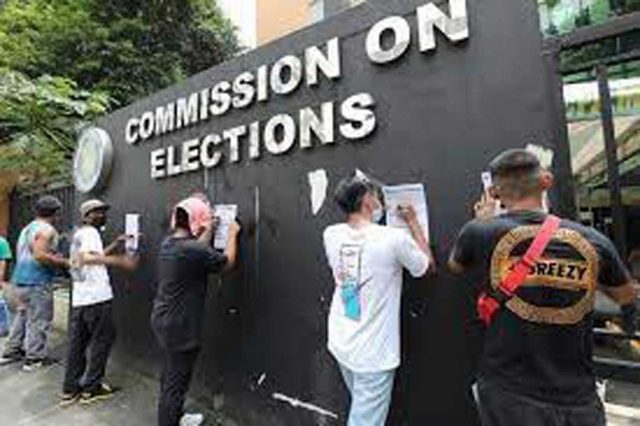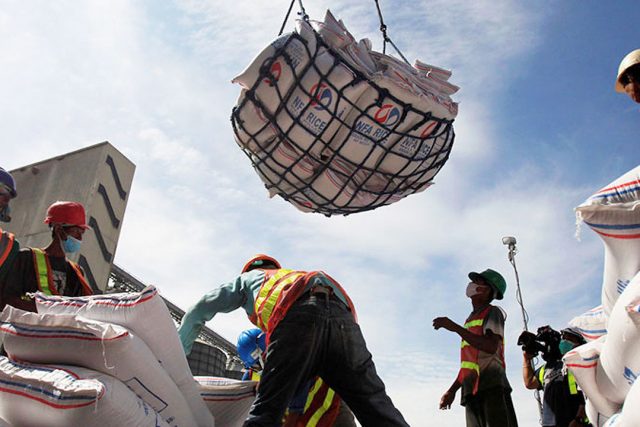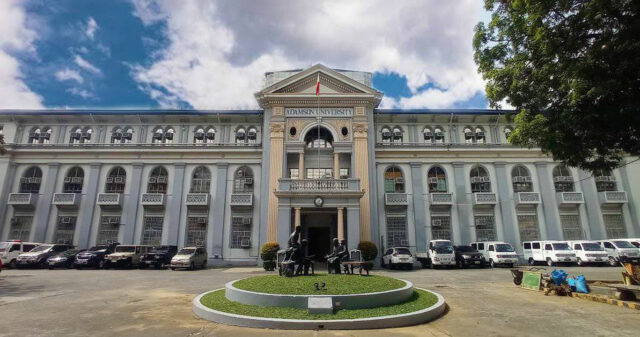Economic protectionism was the main intention of the members of the 1986 Constitutional Commission when they adopted the foreign equity limitations incorporated in Article XII of the 1987 Constitution. Despite the constitutional impediments, such as the Filipinization of public utilities, our need for foreign investment and technology to improve the economy is undeniable. Ever since, foreign investment has played an important role in our infrastructure, more recently via modes of investment like Public-Private-Partnerships.
The late Father Joaquin G. Bernas, S.J., one of the members of the 1986 Constitutional Commission, said that the purpose of the Filipinization of “public utilities” under the constitution is to prevent foreigners from assuming control of the sector, which may be inimical to the national interest. Filipinization is pursuant to an overriding economic goal of the 1987 Constitution: to “conserve and develop our patrimony” and ensure “a self-reliant and independent national economy effectively controlled by Filipinos.”
However, what is covered under the term “public utilities” has been the subject of several court decisions. The Supreme Court has consistently held that being a public utility is a matter of judicial, not legislative, determination. The existence of a legislative declaration such as the definition by enumeration in the 86-year-old Public Service Act (PSA) does not ipso facto render a business or service a public utility. Instead, the courts look at the nature of the business or service rendered. These Supreme Court decisions might have validated the reluctance of foreigners to invest in industries that are vital to our economic progress.
“Even after their enactment, laws may be changed by future amendments like the decisions of the Supreme Court, which form part of our laws. Policy revisions may be adopted to address unforeseen conditions or refine legal provisions over time.
To stimulate investment, the government recently passed Republic Act (RA) No. 11659, which was approved by the President on March 21. The law amends the 86-year-old PSA. The amendments now limit the coverage of public utilities to key sectors that will remain subject to the 40% foreign equity cap. These key sectors are considered natural monopolies where a single firm can effectively serve the market at lower cost than two or more firms. This includes the distribution and transmission of electricity, petroleum and petroleum product transmission, water distribution and wastewater systems, seaports, and public utility vehicles.
Key industries such as telecommunications, expressways, airports, and shipping have been removed from the category of public utility. Under the new law, these industries may now be 100% foreign-owned.
While the newly amended law may attract critically-needed investment, some may consider the law’s liberality as running contrary to the constitutional dictate to conserve the national patrimony and ensure a Filipino-controlled national economy. To address these concerns, the law lays down five key safeguards:
1. The President has the power to suspend or prohibit any investment in public services in the interest of national security upon the review, evaluation, and recommendation of the relevant government agencies;
2. Restrictions are imposed on foreign state-owned enterprises (SOEs) owning capital in a public service classified as public utility or critical infrastructure;
3. Information security clauses ensure that entities engaged in the telecommunications business meet relevant ISO standards;
4. The reciprocity clause prevents foreign nationals from owning more than 50% of capital in the operation and management of critical infrastructure unless the foreign nationals’ home countries accord reciprocity to Philippine nationals; and
5. The performance audit provision mandates an independent evaluation to monitor the cost, the quality of services provided to the public, and the ability of the public service provider to immediately and adequately respond to emergency cases.
Why talk about investment when businesses are barely surviving the COVID-19 pandemic?
Sure, the past two years have been challenging. COVID-19 took a heavy toll on our livelihoods: some lost their source of income without any opportunities to look for new ones. As we struggle to adapt to the post-pandemic world, we need more investment to boost our economy. We should not only combat the public health issues due to the pandemic but also take necessary steps to revive our economy. We can do this by attracting more foreign investment. Together with the recently amended Retail Trade Liberalization Act and the Foreign Investments Act, the new PSA is timely and relevant to our most challenging times.
The nationalistic views of the framers of the 1987 Constitution, as reflected in the economic protectionism provisions in Article XII, are not discounted by allowing the entry of foreign investors. The responsibility of boosting economic growth should not be limited to Filipinos in the spirit of nationalism. If protectionism is maintained, it will only create a barrier to achieving the goal of a prosperous society. As the Supreme Court put it: “Nationalism is not a mindless ideal. It should not unreasonably exclude people of a different citizenship from participating in our economy. If it were so, nationalism will not foster social justice; rather, it will sponsor a kind of racism quite like what our ancestors had suffered from in our colonial past.” (G.R. No. 205835, June 23, 2020)
Indeed, opening the doors of nationalized industries to foreign investors does not represent the unhampered entry of foreign entities. Domestic market players should not cower in fear of competition. Instead, competition dismantles market inefficiencies like high consumer prices, low-quality products, lack of incentives for innovation, and limited consumer choice. With the PSA safeguard provisions in place, the economy can remain independent and self-reliant while generating employment opportunities, promoting competition, encouraging the inflow of capital, and boosting economic performance.
The views or opinions expressed in this article are solely those of the author and do not necessarily represent those of Isla Lipana & Co. The content is for general information purposes only, and should not be used as a substitute for specific advice.
Robert Jhon C. Salazar is a senior associate at the Tax Services Department of Isla Lipana & Co., the Philippine member firm of PricewaterhouseCoopers global network.
robert.jhon.c.salazar@pwc.com












